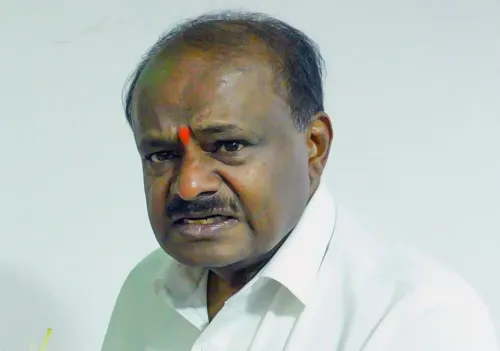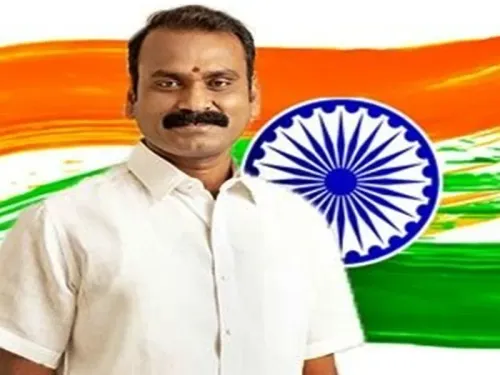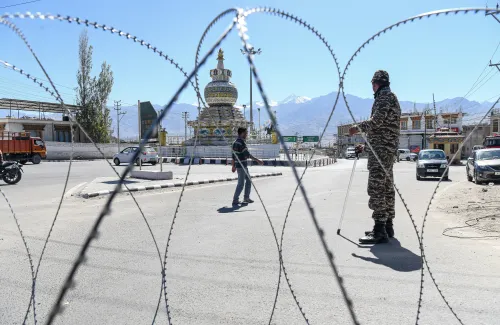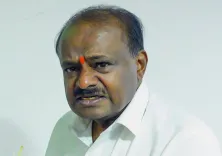Did the SC Really Cancel Dheeraj Wadhawan's Bail in the DHFL Loan Fraud Case?
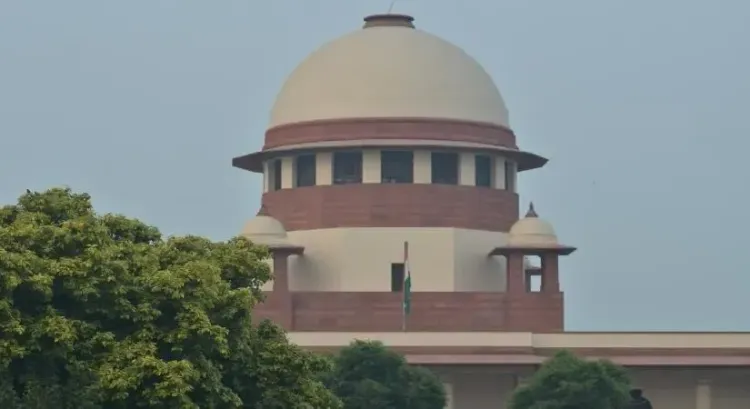
Synopsis
Key Takeaways
- The Supreme Court's ruling emphasizes the importance of judicial integrity.
- Wadhawan's health claims are under scrutiny.
- Legal complexities arise from multiple defendants in the case.
- The banking sector faces significant implications from this ruling.
- Public trust in legal proceedings is crucial.
New Delhi, Aug 5 (NationPress) The Supreme Court has officially revoked the bail previously granted to former DHFL Director Dheeraj Wadhawan concerning the Rs 34,926 crore loan fraud case, ordering him to surrender within a fortnight. A bench led by Justices Sanjay Kumar and S.C. Sharma accepted the special leave petition from the Central Bureau of Investigation (CBI), which challenged the Delhi High Court's ruling that had allowed Wadhawan to secure bail on medical grounds.
The bench, led by Justice Sanjay Kumar, reviewed a medical report compiled by a panel at Mumbai's Grant Government Medical College & Sir JJ Group of Hospitals, which was established as per the Supreme Court's directive on May 23. During that session, the apex court mandated a fresh medical evaluation of Wadhawan to assess his current health and required the report to be submitted in a sealed envelope by July 29.
"Since Dheeraj Wadhawan obtained bail based on health issues, it is crucial to determine his current medical condition. He is to report for this examination at the hospital on June 18, 2025, at 11 a.m.,” the Supreme Court instructed.
Having been in judicial custody for over 15 months and suffering from various health complications, the Delhi High Court had granted him bail on medical grounds on September 9, 2024. The bench, led by Justice Sudhir Kumar Jain, noted, "The trial is unlikely to conclude in a reasonable timeframe as there are over 100 defendants listed in the charge sheet and more than 600 witnesses cited by the prosecution. Given these circumstances, bail on medical grounds is justifiable considering Wadhawan's multiple health issues."
The Delhi High Court imposed several conditions on Wadhawan, including surrendering his passport, obtaining court permission for international travel, and avoiding any criminal activities. Wadhawan, along with others, is accused of defrauding a consortium of 17 banks led by the Union Bank of India and cited numerous chronic health conditions—such as ischemic heart disease, chronic kidney disease, hypertension, and obstructive sleep apnea—as reasons for his release.

